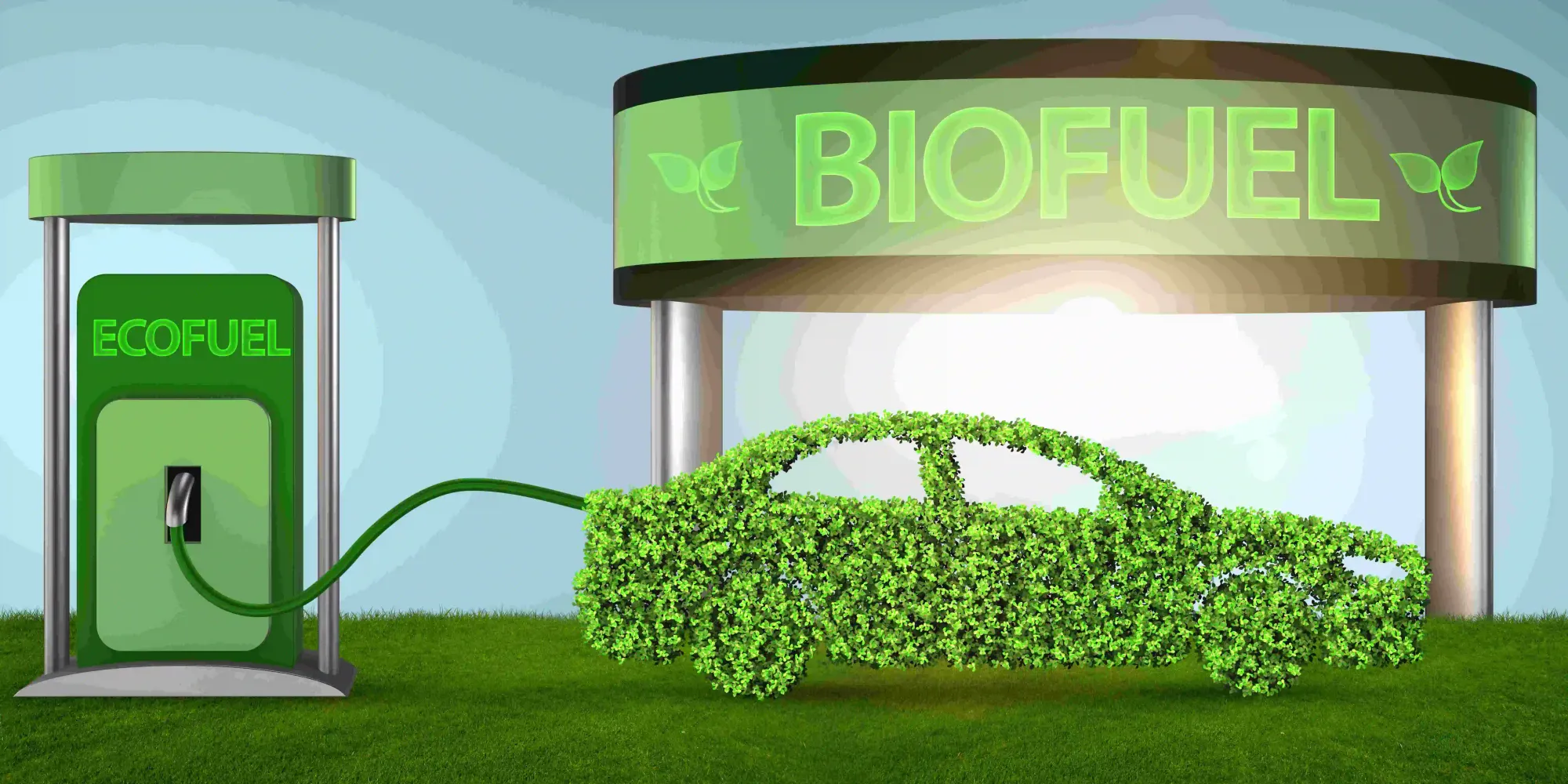Recent advancements in biofuel research suggest that internal combustion engines may have a longer future than previously thought. Scientists worldwide are developing innovative alternative fuels that could potentially extend the viability of traditional engines in an increasingly eco-conscious automotive landscape.
Electro-Biodiesel Breakthrough:
- Developed by researchers at Washington University and the University of Missouri
- 45 times more efficient than traditional soybean-based biodiesel
- Requires 45 times less land for production

Environmental Impact:
- Potential to be carbon-negative
- Could reduce 1.57 grams of CO2 per gram of electro-biodiesel produced
Production Efficiency:
- 4.5% solar-to-molecule efficiency in converting CO2 to lipids
- Significantly higher than natural photosynthesis (typically below 1%)
Production Method:
- Uses electrocatalysis to convert CO2 into biocompatible intermediates
- Microbes then convert these intermediates into lipids for biodiesel

Potential Applications:
- Long-range heavy-duty vehicles
- Aircraft and other fossil-fuel dependent sectors
Implications for Automotive Industry:

- Could extend the lifespan of internal combustion engine technology
- Offers alternative to full electrification in certain vehicle segments
These advancements in biofuel technology represent a potential game-changer for the automotive industry, offering a pathway to reduce emissions while preserving familiar engine technology. As research continues, these innovations could play a crucial role in the transition to more sustainable transportation solutions.













